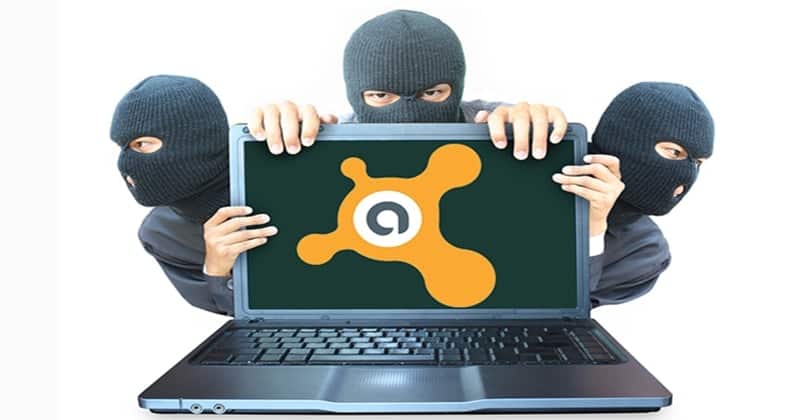But insidious phishing emails and malicious links still enable intrusion of a third party to their websites. Large companies usually have their cybersecurity teams on staff and an army of lawyers and programmers to make sure their site is hacker-proof. Smaller companies are on their own, but they often hire outside consultants, cybersecurity experts, and companies dedicated to online privacy. There are many cybersecurity experts out there, and we’ve asked the guys at Bulletproof cyber consulting to help us answer some burning security questions you might have about keeping your business safe.
How Do Hackers Get Your Info?
Hackers steal one’s personal information, illegally accessing their devices or websites. They use this data to commit different crimes; theft is a case in point. For instance, when you shop online, a lot of financial information, like credit card or bank account numbers, is stored on your devices.
How Do Hackers Get Your Info?1.) You Don’t Install Antivirus and Anti-Malware Software2.) You Use Non-Secure Devices3.) You Click on Dubious Links4.) You ‘Save You Information For The Next Time’The Bottom Line
If your device gets hacked, a third party who has access to it can steal your money. But the most prominent targets of many hackers are enormous corporations. Here, they can fish thousands of dollars. Often, sensitive data of big enterprises is encrypted by a third party who demands money for returning access to it. The most common way of how hackers get access to your sensitive data is by installing spyware. It lets them get information directly from your device. Here is the list of things you might do that let unwanted software invade your device:
1.) You Don’t Install Antivirus and Anti-Malware Software
Strangely enough, many people forget to install antivirus on their devices. As a result of which, their computers get hacked. Remember to install the newest versions of antiviral products and constantly update them. It will let your computer detect the newest threats and remove them before it’s too late. Bear in mind that there are many fake anti-malware software. Their aim is also to get access to your personal data. You should do a lot of research before downloading any program on your device in order not to let malicious software enter your computer.
2.) You Use Non-Secure Devices
Nowadays, there is Wi-Fi in almost every coffee shop, restaurant, mall, and even public transportation. But it is better to avoid using unsecured networks. You can also set your phone or a laptop to inform you when the network is not safe. It would be best if you limited accessing personal accounts from public computers. They can be infected with malware. This type of device often uses an unsecured Internet connection. Log out when you finish using a public computer if you have to do it.
3.) You Click on Dubious Links
In order to stay safe, you have to learn to recognize phishing emails. Usually, they are written with poor English, have many mistakes, and the author doesn’t use your name or surname. Every time you receive a suspicious email or a social media message from a friend or colleague with a link in it, it’s better to ask them personally if they indeed sent it. Clicking pop-ups might be very tempting. You can get to know how to lose 10 kilos without diets and sport, augment some parts of your body, or learn Spanish in 2 weeks! But very often, pop-ups have a lot of malware. Consider downloading a program, like Adblocker, that will not let viral advertisements appear on your screen.
4.) You ‘Save You Information For The Next Time’
Nowadays, a lot of websites let you save personal banking or credit card information to make it easier for you to buy a product in the future. Convenient! Isn’t it? But very sometimes, we can pay a huge price for this convenience. If someone hacks your account and all your data is saved on a device- the hackers have won a lucky ticket. Typing your password every time you enter a website doesn’t take as much time as you think, but gives you more safety. And if a website is not secure (doesn’t have https// on the beginning of its link), it’s better not to give your sensitive data at all. If you don’t plan to visit a page very often, remember to log out from it when you finish.
The Bottom Line
If you live the ‘no one needs my personal data’ principle, you might be mistaken. Your information might be used for many malicious purposes without you knowing about that. Nowadays, one’s cybersecurity is as important as a physical one. Doing the simple things described in this article will boost your cyber safety, and you will have more peace of mind.
